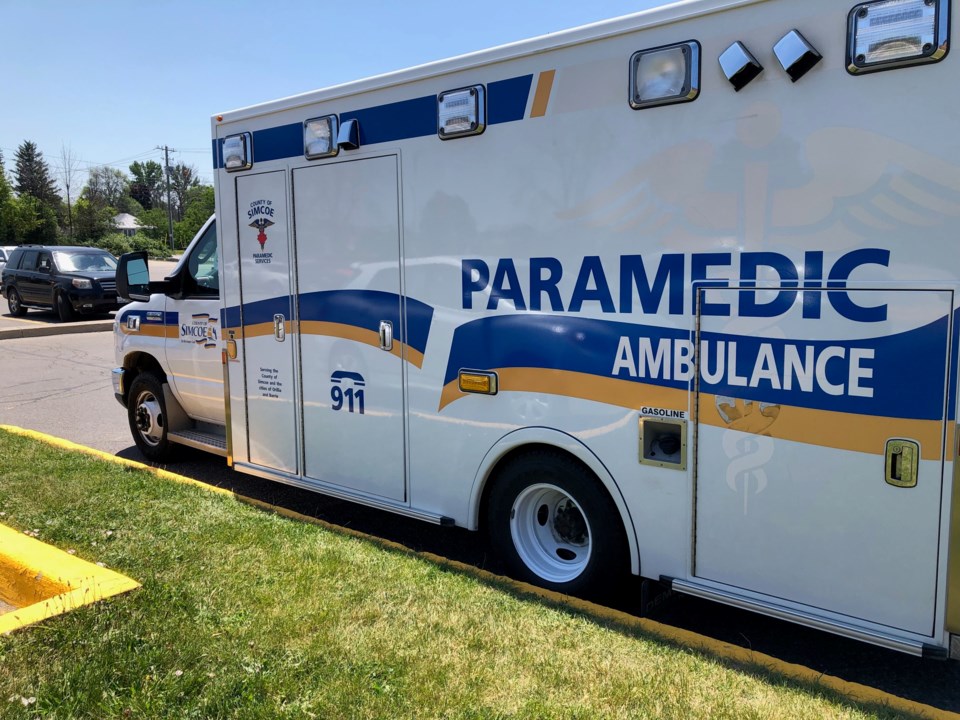The provincial government is helping more students who want to become paramedics in the province by adding more than 300 spaces to programs at colleges across Ontario this year.
Colleges offering expanded enrolment in paramedic programs for the 2023-24 school year include Georgian. Algonquin, Cambrian, Centennial, Boréal, Collège La Cité, Conestoga, Confederation, Durham, Fanshawe, Lambton, Northern, St. Clair, and St. Lawrence.
Georgian College president and CEO Kevin Weaver says paramedic graduates are in high demand by the many regional health services they partner with.
"We’ve had a 100 per cent employment rate in the program since 2017 and these new spaces for 20 additional paramedic students at Georgian will better serve our community needs for a highly skilled health-care workforce, as well as help more students achieve their career aspirations,” Weaver said in a news release following an announcement Thursday at the Barrie campus.
As announced in the 2023 Ontario budget, funding for the Dedicated Offload Nurses Program (DONP) is increasing by $51 million over the next three years to support municipalities in reducing ambulance offload delays and provide funding for dedicated nurses to offload patients in hospital emergency rooms.
As of January 2022, funding eligibility has been expanded to paramedics, respiratory therapists and physician assistants in addition to nurses.
Colleges and Universities Minister Jill Dunlop said the new spaces will be critical for addressing the province’s shortage.
“By expanding enrolment for paramedic programs in Ontario, our government is helping more students gain access to world-class, post-secondary training closer to home,” said Dunlop, who is the MPP for Simcoe North. “These new spots will play a critical role in addressing the current shortage of paramedics by preparing more highly skilled health-care professionals to enter the workforce and provide the excellent care Ontarians deserve.”
“There is a significant demand for paramedics in communities across the province, and our government is making it as easy as possible for those who want to train and work in this important profession,” said Minister of Health Sylvia Jones, who is also Ontario's deputy premier. “In partnership with the Ontario Association of Paramedic Chiefs, we are strengthening Ontario’s paramedic workforce for years to come.”
The newly expanded Ontario Learn and Stay Grant will provide students studying in the first year of a paramedic program in 2023-24 at select post-secondary institutions with funding for free tuition, books, compulsory fees, and other educational costs. After graduating, students will need to work in the same region they studied for a minimum of six months for every full year of study funded by the grant.
The province is also giving paramedics the flexibility to treat additional 911 patients – including those with diabetes and epilepsy – at home, on scene or in some community-based settings instead of in emergency departments. This new model of care is already in place for palliative as well as mental health and addictions patients.
Ontario is expanding its community paramedicine program, which enables paramedics to use their training and expertise beyond their traditional emergency response role. Through this program, which works alongside home care, primary care, and home and community care, 55 communities are already benefiting from 24/7 non-emergency support. This is also helping people with chronic health conditions live independently at home, where they want to be.



